14:00-15:50 (London); 9:00-10:50 (New York); 21:00-22:50 (Beijing)
Zooming info:
https://swanseauniversity.zoom.us/j/8266570519?pwd=aXdrN1pOUFhqSFlSYlFkQjVvNDRHQT09
Meeting ID: 826 657 0519
Passcode: 718288
Join by SIP: 8266570519@zoomcrc.com
Join by H.323: 162.255.37.11 (US West)
Opening Remarks (5 minutes)
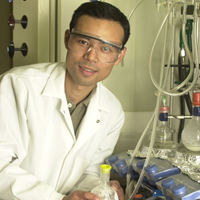
Prof. Qian Wang
University of South Carolina, USA
Introduction (15 minutes)
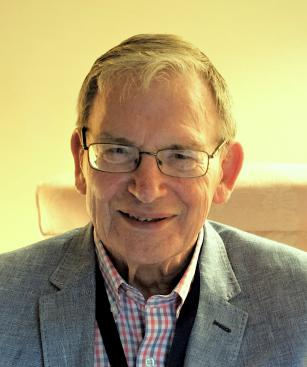
Prof. James T, Triffitt
University of Oxford, UK
The scientific truth about “mesenchymal stem/stromal” cells (20 minutes)
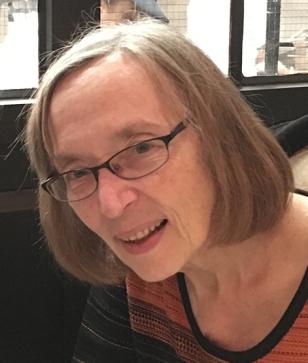
Prof. Pamela Gehron Robey
National Institute of Dental and Craniofacial Research, National Institutes of Health in Bethesda, USA
Stromal Stem cell Enrichment and Innovative Materials for Bone Tissue Engineering (20 minutes)
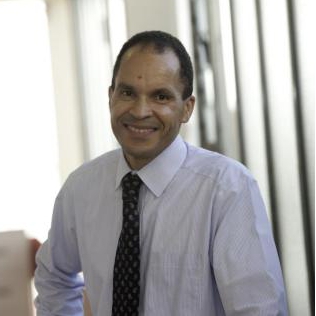
Prof. Richard Oreffo
University of Southampton, Centre for Human Development, Stem Cells and Regeneration, UK
Human skeletal (stromal) stem cells: regulation of lineage commitment to osteoblasts by secretory factors and role in whole body energy metabolism (20 minutes)
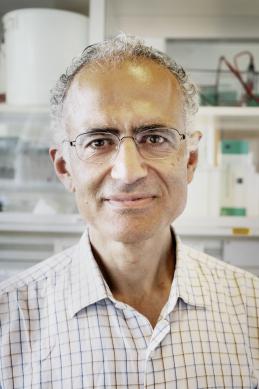
Prof. Mustapha Kassem
Molecular Endocrinology, University of Southern Denmark, Denmark
Discussion + Q&A (30 minutes):
Panelists (Alphabetically):
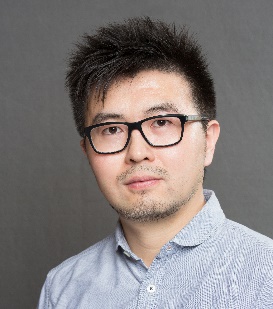
Prof. Ren Xu
Xiamen University, PRC
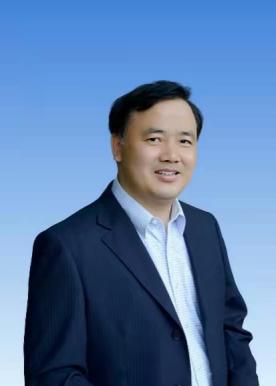
Prof. Weiguo Zou
Chinese Academy of Sciences, PRC
Organizing Committee (Alphabetically):
Prof. Xu Cao
Department of Orthopaedics, Johns Hopkins University, USA
Prof. Xiaodong Guo
Department of Orthopaedics, Wuhan Union Hospital, PRC
Prof. Bin Li
Institute of Orthopaedics, Soochow University, PRC
Prof. Zengwu Shao
Department of Orthopaedics, Wuhan Union Hospital, PRC
Dr. Zhidao Xia
Swansea University Medical School, Swansea, UK
Prof. Weihua Xu
Department of Orthopaedics, Wuhan Union Hospital, PRC
Brief CV of Prof. James T, Triffitt
James T Triffitt PhD is Emeritus Professor of Bone Metabolism, University of Oxford. He gained his Ph.D. at the University of Liverpool in 1964 for research on vitamin D effects on the skeleton. Thereafter he joined Dr W.F. Neuman, University of Rochester, New York studying the chemical dynamics of bone mineral before returning to the UK as MRC Scientific Staff. He moved to Oxford to join Maureen Owen in 1969 and together set up the MRC Bone Research Laboratory at the Nuffield Orthopaedic Centre. In 1979 he joined Professor Marshall Urist in Los Angeles for a two-year sabbatical working on bone morphogenesis and characterisation of BMP. Further work has concerned the characteristics of the stem cells of bone and the biological factors controlling bone formation and turnover in normal and pathological conditions. Other research includes tissue engineering skeletal tissues and investigating bone development and metabolism in common diseases such as osteoporosis and in rare diseases such as fibrodysplasia ossificans progressiva.
Brief CV of Prof. Pamela Gehron Robey
Pamela Gehron Robey, Ph.D., is chief of the Skeletal Biology Section, at the National Institute of Dental and Craniofacial Research, National Institutes of Health in Bethesda, Maryland. She has been the co-coordinator of the NIH Bone Marrow Stromal Cell Transplantation Center, and is currently the Acting Scientific Director of the NIH Stem Cell Unit. She has worked in the area of bone and stem cell biology for over 30 years, which includes basic, translational and clinical studies. She has served on numerous editorial boards in the past including the Journal of Bone and Mineral Research, Endocrinology and Bone, and is currently on the editorial boards of and Stem Cells and Stem Cell Reports, in addition to being a regular reviewer for many other journals. She is an active member of the NIH and extramural community, and focuses in particular on activities that foster career development of junior investigators in the field.
Brief CV of Prof. Richard Oreffo
Professor Richard OC Oreffo: DPhil DSc (Oxon) CBiol FRSB FHEA FIOR Richard Oreffo holds the chair of Musculoskeletal Science and is co-founder and Director of the Centre for Human Development, Stem Cells and Regeneration. He has held positions in USA, AstraZeneca, and University of Oxford before being appointed to a lectureship in 1999 at the University of Southampton. Richard leads a multidisciplinary research group focused on developing strategies to repair bone & cartilage with translation through to patient benefit a personal key driver. Richard has published >300 peer-reviewed papers including breakthrough publications on skeletal stem cells and nanotopography, bone regeneration and holds 7 patents. He holds a number of visiting professorships and advisory board positions in EU/SME and Pharma and in 2015 was awarded a Doctor of Science by the University of Oxford. He is founder / CSO of Renovos Biologics Limited; a Fellow of the Royal Society of Biology and a Fellow of International Orthopaedic Research. In June 2020 he founded The Cowrie Scholarship Foundation to enable 100 disadvantaged Black British students attend UK universities in the next decade.
Brief CV of Prof. Moustapha Kassem
Professor Moustapha Kassem is a Professor of Molecular Endocrinology, University of Southern Denmark, Odense, clinical professor and Chief Physician, Department of Endocrinology, University Hospital of Odense and Adjunct professor of Stem Cell Biology, Faculty of Health Sciences, University of Copenhagen, Denmark
Brief CV of Prof. Ren Xu
Dr. Ren Xu is the Professor of State Key Laboratory of Cellular Stress Biology and School of Medicine at Xiamen University. Dr. Xu earned his Ph.D. in the Department of Orthopedic and Spinal Surgery at Tokyo Medical and Dental University in 2013. He completed postdoctoral training of bone biology at Weill Cornell Medical College, Cornell University co-mentored by Dr. Laurie Glimcher and Dr. Matthew Greenblatt. In 2019, Dr. Xu came to Xiamen University and run an independent research lab (targeted at bone stem cells and skeletal diseases) as a Principal Investigator. His research papers and reviews have been published in academic journals including Nature and Nature Medicine and supported from the National Natural Science Foundation and the National Key R&D Program of China. He has won numbers of international academic awards such as John Haddad Young Investigator Award and served as invited reviewers of more than 20 international journals.
Brief CV of Prof. Weiguo Zou
Dr. Weiguo Zou received his PhD in 2003 from Shanghai Institute of Biochemistry and Cell Biology, Chinese Academy of Sciences. In 2009, he was selected as a Yerby Fellow at the Harvard School of Public Health, and in 2012, he was offered Tenure Track Assistant Professor positions at Cornell University and the State University of New York at Buffalo. In August 2012, Dr. Zou returned Shanghai Institute of Biochemistry and Cell Biology as a PI.